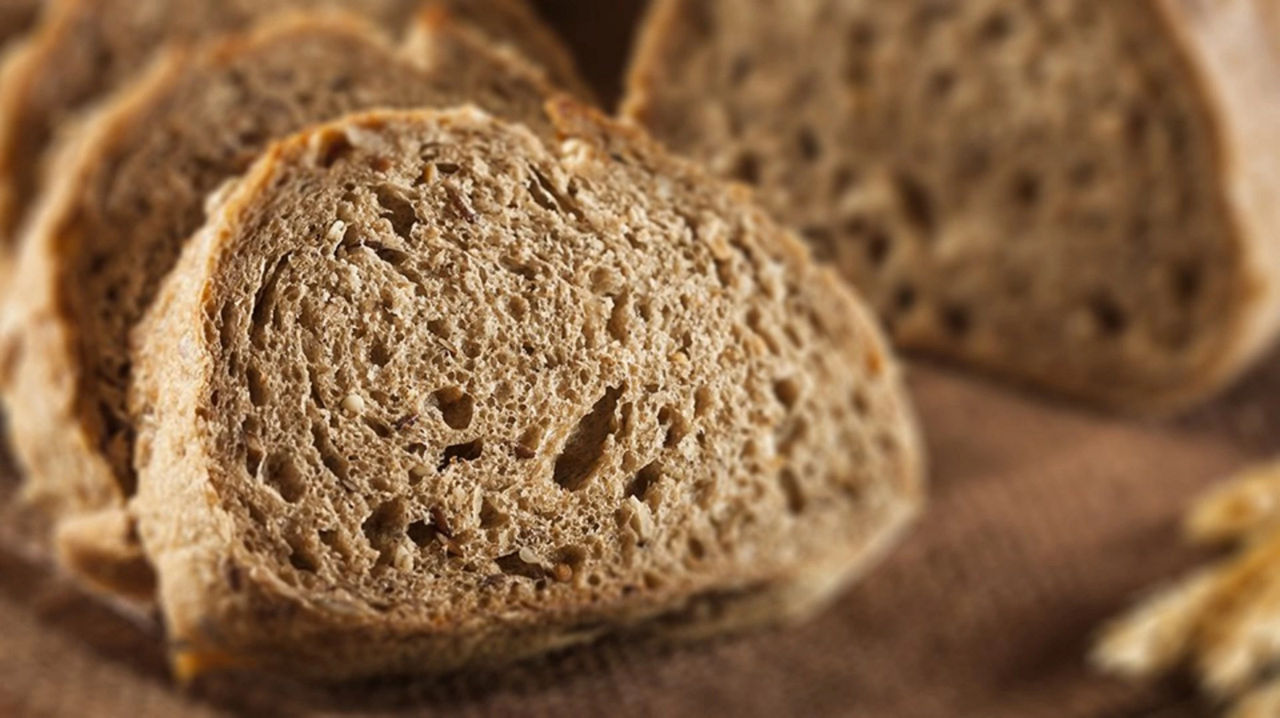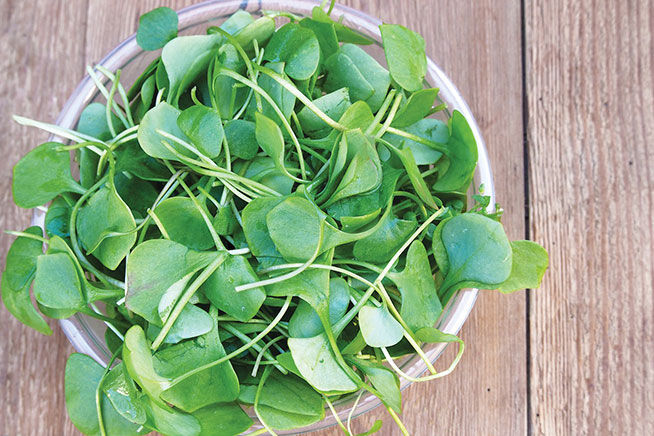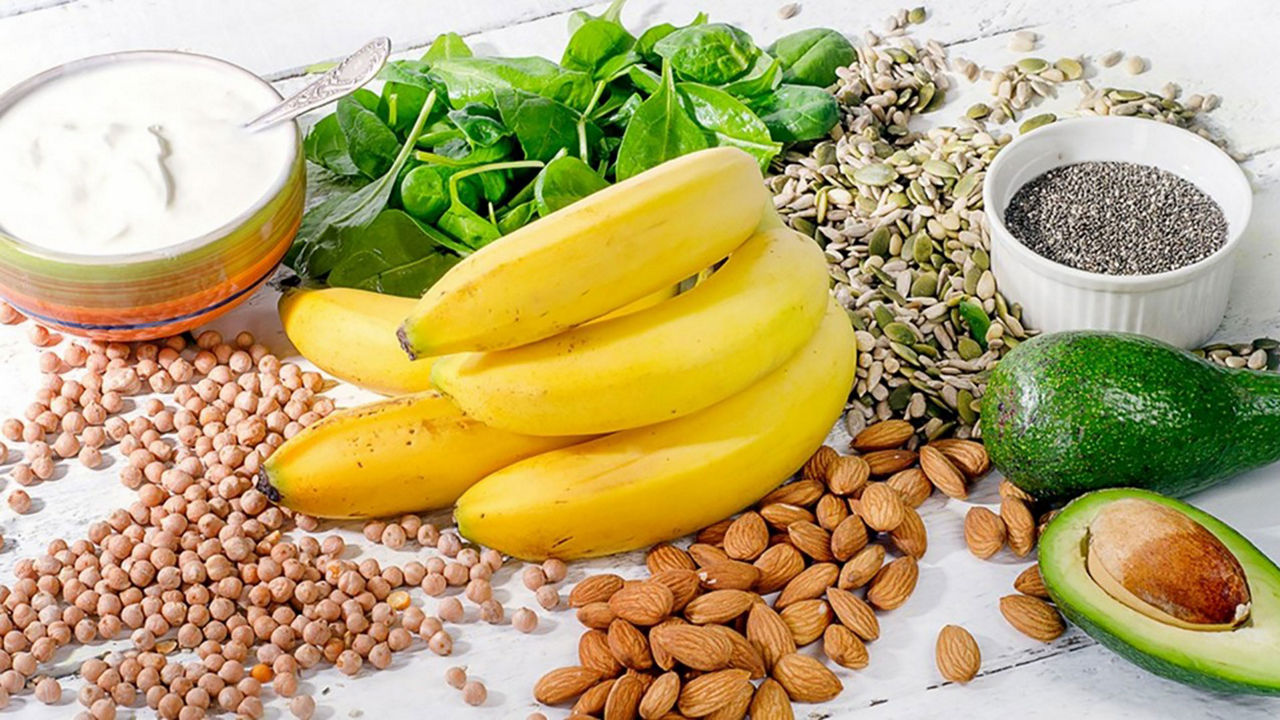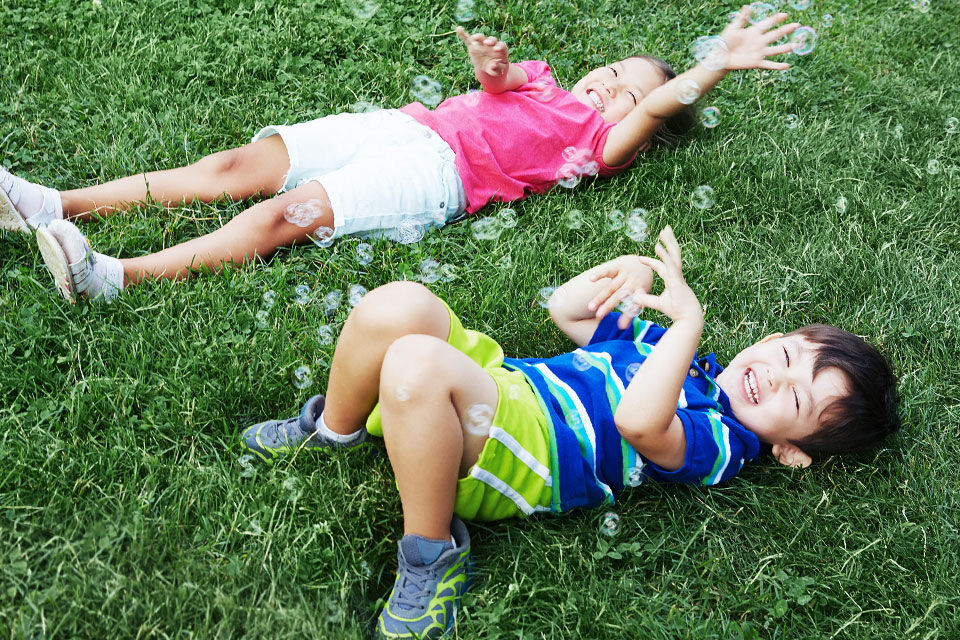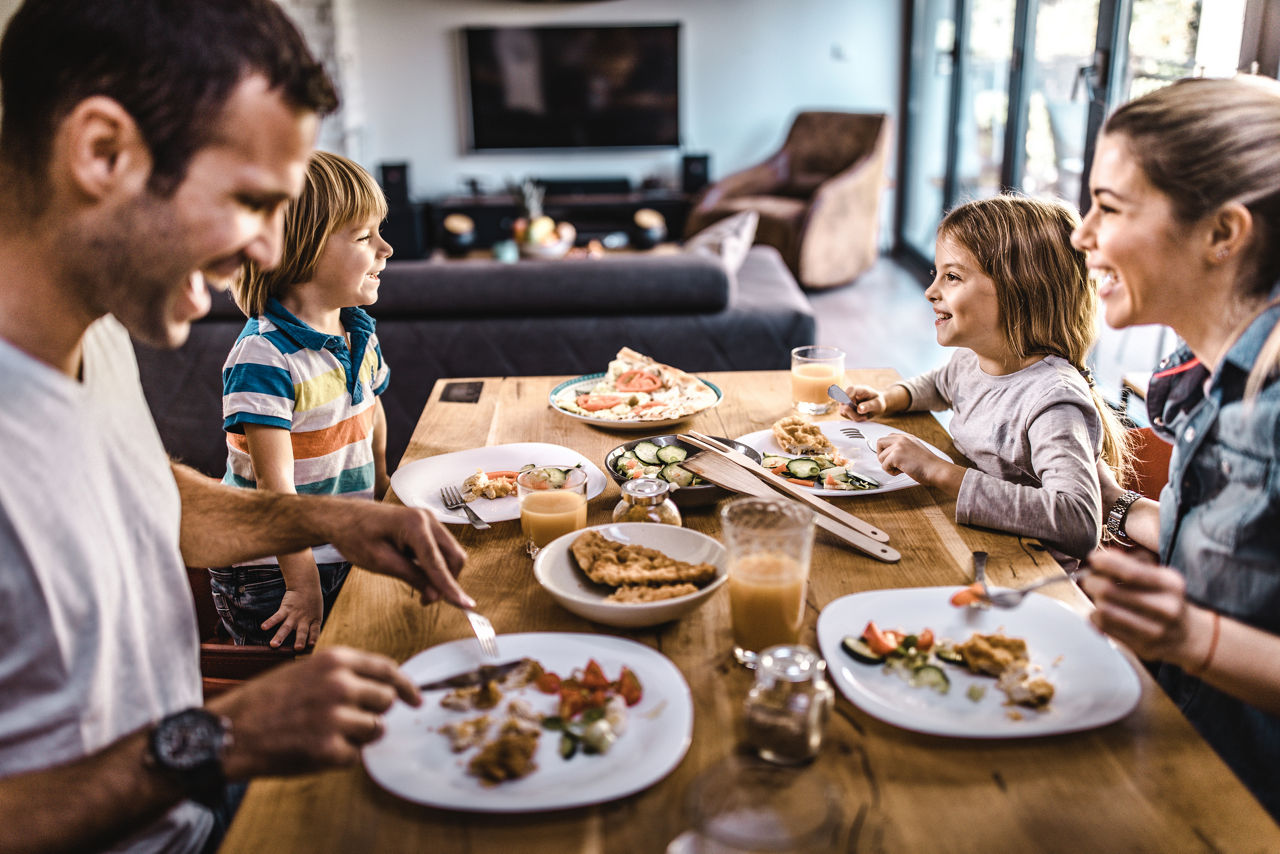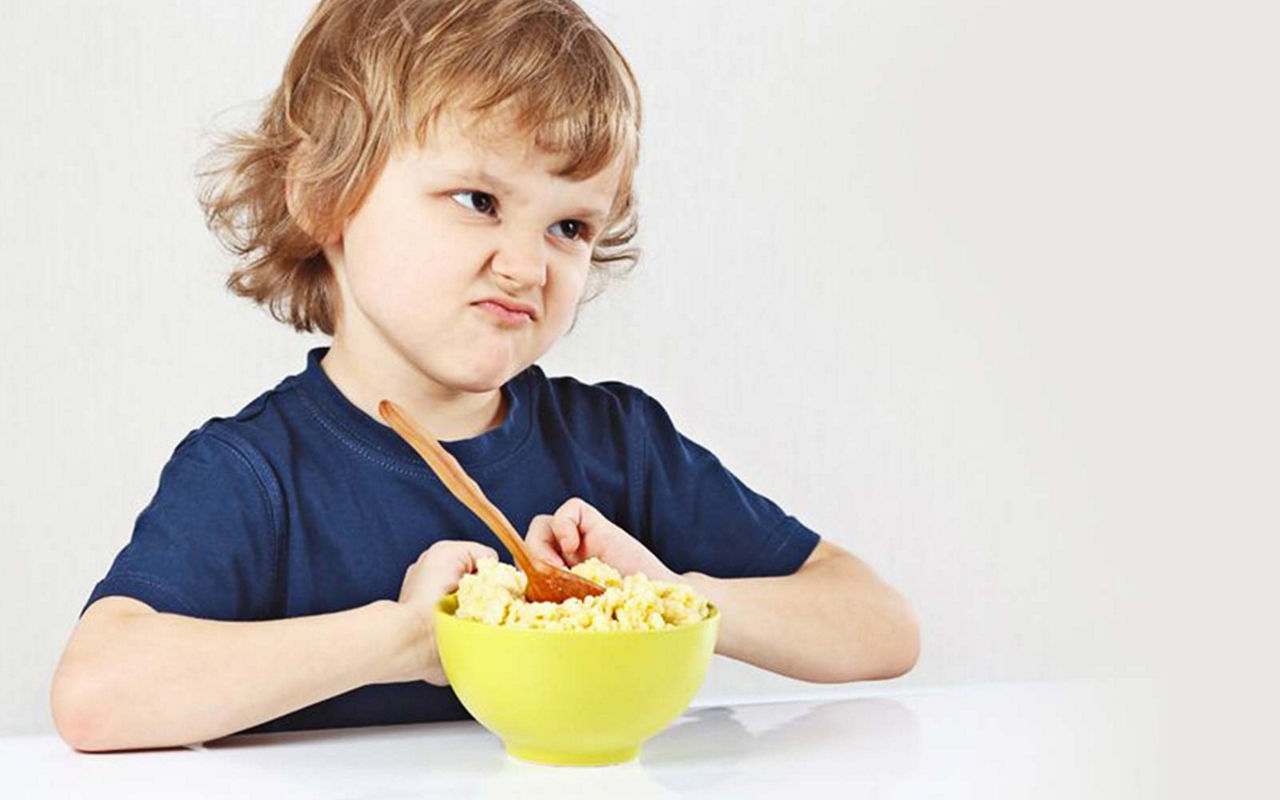Brain food
Getting more iron into your toddler's diet
Iron is an essential nutrient for toddlers: it plays a crucial role in brain development and overall growth and health. Read more about your toddler’s iron needs, which foods are good iron sources, and how to increase their intake by partnering iron-rich foods with fruit and vegetables.
